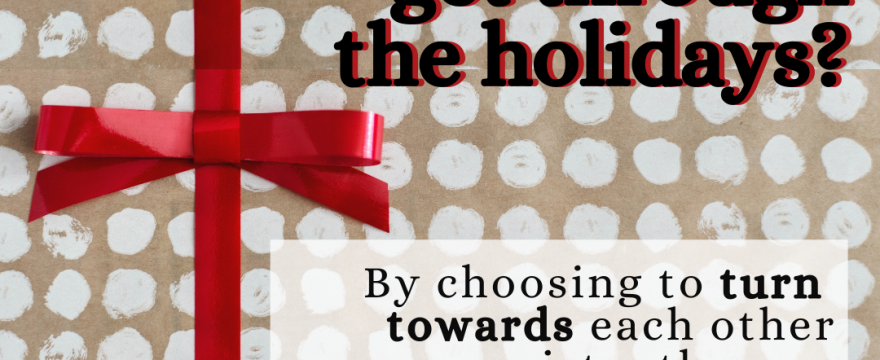 In every good Christmas movie there is a crisis of mammoth proportion.
In every good Christmas movie there is a crisis of mammoth proportion.
Unemployment, a marriage breakdown, a snow storm that prevents your flight to the family you rarely see, a child goes missing. Typically as the story unfolds, it appears that all hope is lost until, at the 11th hour Christmas spins it’s magic and we get our happy ending.
Tragically, sometimes these scenarios happen in our own lives, throwing us into chaos.
You have been retrenched, the business has closed down and you are officially unemployed.Yyour 17 year old daughter has just fallen pregnant.
A family member has a serious accident.
You can add your own crisis to this list.
The anger, sadness, even despair you experience is set in poignant contrast to the season’s celebrations with its message of good cheer and fun. To ‘rub salt in the wound’, contrary to what all our hours of watching Christmas movies have taught us, the Christmas miracle frequently does not arrive.
Typically, it is the people closest to us that experience our fraught emotion. At a time when you need each other’s support to endure the crisis, you actually create distance by behaving in ways that alienate and distance your partner. The very person you need the most, is often the person you push away.
How do you counteract this? By acknowledging each other’s attempts to connect, what John Gottman, a leading relationship expert, calls relationship bids. In his research, John Gottman discovered that the couples who sustain a happy relationship over the long-term, typically ‘turn towards each other’ a majority of the time.
What does that look like?
When your partner says, ‘How was your day’, a response that is a ‘turning towards you partner’ might be, ‘It was a tough one. I’m glad I’m home now.’ They might respond, ‘I’m glad you like being home. It’s nice being together.’
When you are feeling tired, stressed and irritable and you have put effort into being ‘pleasant’ to people all day at work, the inclination to speak with kindness and empathy to your partner invariably diminishes. Consequently, your partner cops your anger and irritation so that goodwill disappears and further resentment and hurt widen the distance between you.
Turning towards your partner is choosing to speak in positive, supportive ways, affectionate touching, facial expressions, playful touching and helpful gestures.
Something that takes effort and discipline when you are exhausted, tense and anxious. Don’t let that be an excuse for not making the effort to turn towards your partner; at a minimum turning towards your partner is a nod and ‘uh-huh’ to acknowledge that you have heard them. Turning towards your partner is about being attentive to each other: validation, sharing opinions, your thoughts and feelings, asking questions. At its best, turning towards the other means that you are giving your full attention, listening, supporting and giving empathy.
Whatever your experience over this Christmas season, make it your aim to give the gift of your best self to your partner.
By choosing to turn towards each other more consistently, you will feel supported and soothed as you face the challenges life brings, together.
If you need help and/or support to turn towards each other in your couple relationship, here’s what you need to do: Contact Colleen on 0434 337 245 or Duncan on 0434 331 243 for a FREE 10 minute consultation on how we can best help you or book online now.


Leave a Reply